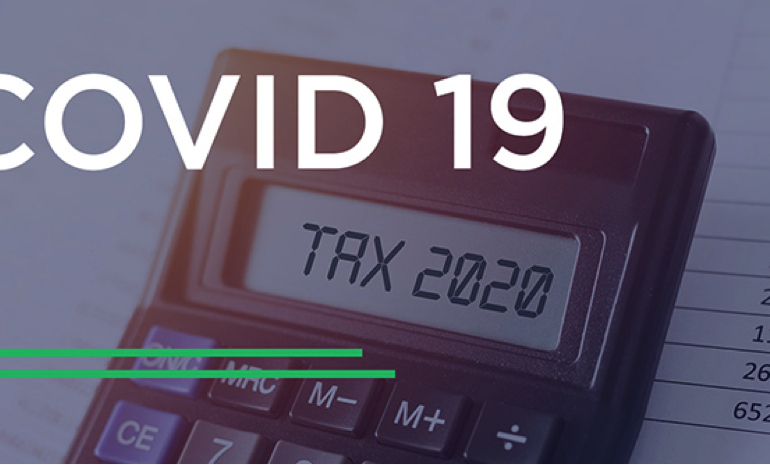Running a small business comes with a myriad of responsibilities, and managing taxes is certainly one of them. Navigating the intricate world of tax regulations can be a challenging task for many business owners, and mistakes in this realm can have significant consequences. Let’s dive in!
Inaccurate Recordkeeping:
One of the most common reasons small businesses run into tax troubles is poor recordkeeping. Failing to maintain accurate financial records can lead to incorrect reporting, overlooked deductions, and potential IRS audits. It’s crucial to establish a reliable system for organizing and categorizing all financial transactions, including income, expenses, and receipts. Consider using accounting software or hiring a professional bookkeeper or business advisor to ensure your records are meticulous and up-to-date.
Misclassifying Workers:
Classifying workers as “employees” or “independent contractors” can be a complex task, but it’s essential to get it right. The same is true for how business owners categorize and report on their remote workforce and remain compliant with the specific requirements of the state where their business is based. Misclassifying workers in any regard can result in penalties, back taxes, and even legal disputes. Understand all criteria set by the IRS for determining worker classification and seek professional advice if you are unsure. Taking the time to properly classify your workers from the start can save you from future headaches and potential financial setbacks.
Overlooking Tax Deductions and Credits:
Small businesses often miss out on valuable deductions and credits that can significantly reduce their tax liability. It’s essential to stay informed about available tax breaks and credits specific to your industry. Common deductions include business-related expenses like rent, utilities, supplies, and marketing costs. Additionally, be sure to explore credits such as the Research and Development (R&D) credit (pdf) or the Small Business Health Care Tax Credit. Familiarize yourself with these opportunities and consult with a tax professional to maximize your tax savings.
Failure to Separate Personal and Business Expenses:
Blurring the lines between personal and business expenses is a common mistake made by small business owners. Mixing personal and business finances not only creates confusion but can also raise red flags during tax audits. To avoid this pitfall, establish separate bank accounts and credit cards exclusively for business purposes. Keep meticulous records of all business-related expenses, ensuring they are legitimate and necessary for your operations. Maintaining clear separation will not only simplify tax preparation but also demonstrate the professionalism of your business to the IRS.
Missing Deadlines and Filing Errors:
Missing tax deadlines and making filing errors can have serious consequences. Late filings can result in penalties and interest charges, putting unnecessary strain on your business’s finances. To stay on top of deadlines, mark important dates on your calendar and establish a system of reminders. Double-check all tax forms for accuracy, ensuring that you’ve entered the correct information. Consider utilizing tax software or seeking professional assistance to minimize the risk of errors and ensure timely and accurate filings.
By being aware of these common tax mistakes and taking proactive measures to avoid them, small businesses can alleviate tax-related stress and position themselves for financial success. If you need assistance with any of your tax planning and preparation needs, call the professionals at Brock CPA. We are a full-service CPA in Jacksonville and can help you develop smart strategies that will benefit you, your family, and your business. Contact us anytime at 904.330.0268.


